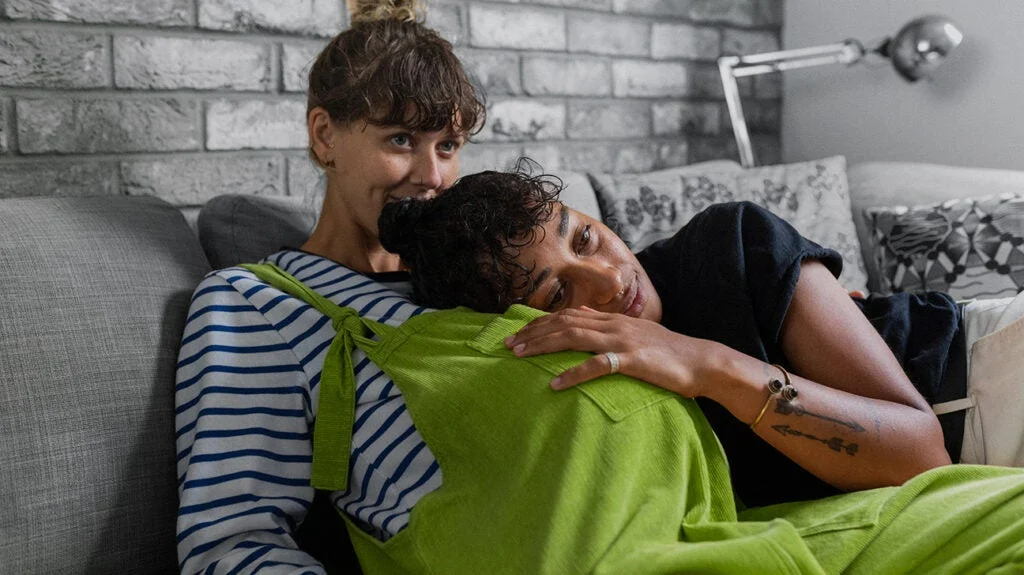In 2014, during my pregnancy with twins, I felt a surge of anger after reading about a measles outbreak in California—an illness that had been largely controlled thanks to vaccines. Fueled by my outrage, I wrote an essay advocating for vaccinations, asserting that they should not be viewed as a mere personal choice. After all, personal choices such as what to feed your children or whether to breastfeed do not affect entire communities. I firmly believe that adhering to a reasonable vaccination schedule for children is essential for public health.
The response I received was intense. Critics labeled me as uneducated, ignorant, and even insulting names. They questioned my right to assert that vaccination decisions impact everyone, not just individuals.
I recognized that many people resist being told what to do regarding medical choices—especially when it concerns their children. I can empathize with that. I would never want someone to dictate my choices regarding birth control or body image. However, my call for informed decision-making grounded in scientific evidence was often misconstrued as personal judgment.
Many opponents pointed to debunked theories, such as the false link between vaccines and autism propagated by Dr. Andrew Wakefield. Others cited instances of vaccine injury, sharing statistics that seemed alarming at first glance. However, a recent article in Time clarified that while 2,967 cases were adjudicated and 1,876 compensated, this was minuscule when compared to 2.5 billion vaccinations administered from 2006 to 2014. The risk of vaccine injury is less than one in a million, far lower than the chance of being struck by lightning.
I wrote my original essay as a concerned mother, devastated by stories of children suffering and dying from preventable diseases. I was frustrated that many would choose to believe celebrities over qualified scientists. If people are inclined to listen to public figures, I wish they would consider someone more credible, like Kristen Bell.
In hindsight, I should have directed my readers to reputable organizations like the World Health Organization, Shot at Life, and Voices for Vaccines, which provide factual information about the benefits of vaccinations.
Despite the backlash, my conviction in scientific evidence remains steadfast. I vaccinate my four children according to a recommended schedule, informed by the understanding that certain vaccines are mandatory in my country, while others are readily available and affordable. My choices are not based on blind faith or conspiracy theories; they are rooted in careful research and a desire to safeguard my community’s health.
Skeptics often dismissed my opinions by stating that I was “just a former public relations and marketing professional” and, therefore, lacked expertise. Ironically, many who challenged my views were not medical professionals or researchers themselves.
While I may not hold a medical degree, I am an informed and educated individual who has thoroughly researched vaccination issues. I understand both the arguments against vaccines and the overwhelming evidence supporting their efficacy, particularly in eradicating contagious diseases globally. Reports indicate that measles has been eradicated in the Americas as of September 27, 2016, yet the potential for resurgence remains if vaccination rates fall. The recent outbreak in Italy underscores this risk, highlighting the importance of herd immunity.
Herd immunity is crucial; it protects those who cannot receive vaccinations due to age or medical conditions. It’s encouraging to see a shift in attitudes, as more parents are beginning to recognize the importance of scheduled vaccinations. One former anti-vaccination mother shared her story of changing her stance after her children contracted rotavirus, reinforcing the idea that personal experiences can lead to acceptance of science-based practices.
After my initial essay, I was approached to debate a naturopath regarding my views on vaccinations. I declined. I no longer wish to engage in discussions that frame vaccination as a debatable topic. To me, the matter is clear: vaccinations are a community obligation, not just a personal choice.
I refuse to engage in name-calling or belittling those with opposing views. Instead, I invite them to consider the facts and the well-being of our communities. I am no longer shouting from a soapbox; I am advocating for health and safety for all.
Please consider vaccinating your children. It’s a crucial step in protecting not only them but also those who cannot be vaccinated for various reasons. Together, we can ensure the health of our communities and give everyone a shot at life.
For more insights on related topics, you can explore this post on home insemination. Additionally, for authoritative information on fertility, visit Make a Mom. For further resources on pregnancy and home insemination, check out ACOG.
Summary:
This article discusses the importance of vaccinations as a communal responsibility rather than a personal choice. It addresses common misconceptions, highlights the risks of vaccine-preventable diseases, and emphasizes the need for herd immunity. The author shares her personal journey as a mother committed to informed decision-making, urging others to protect their children and communities through vaccination.
